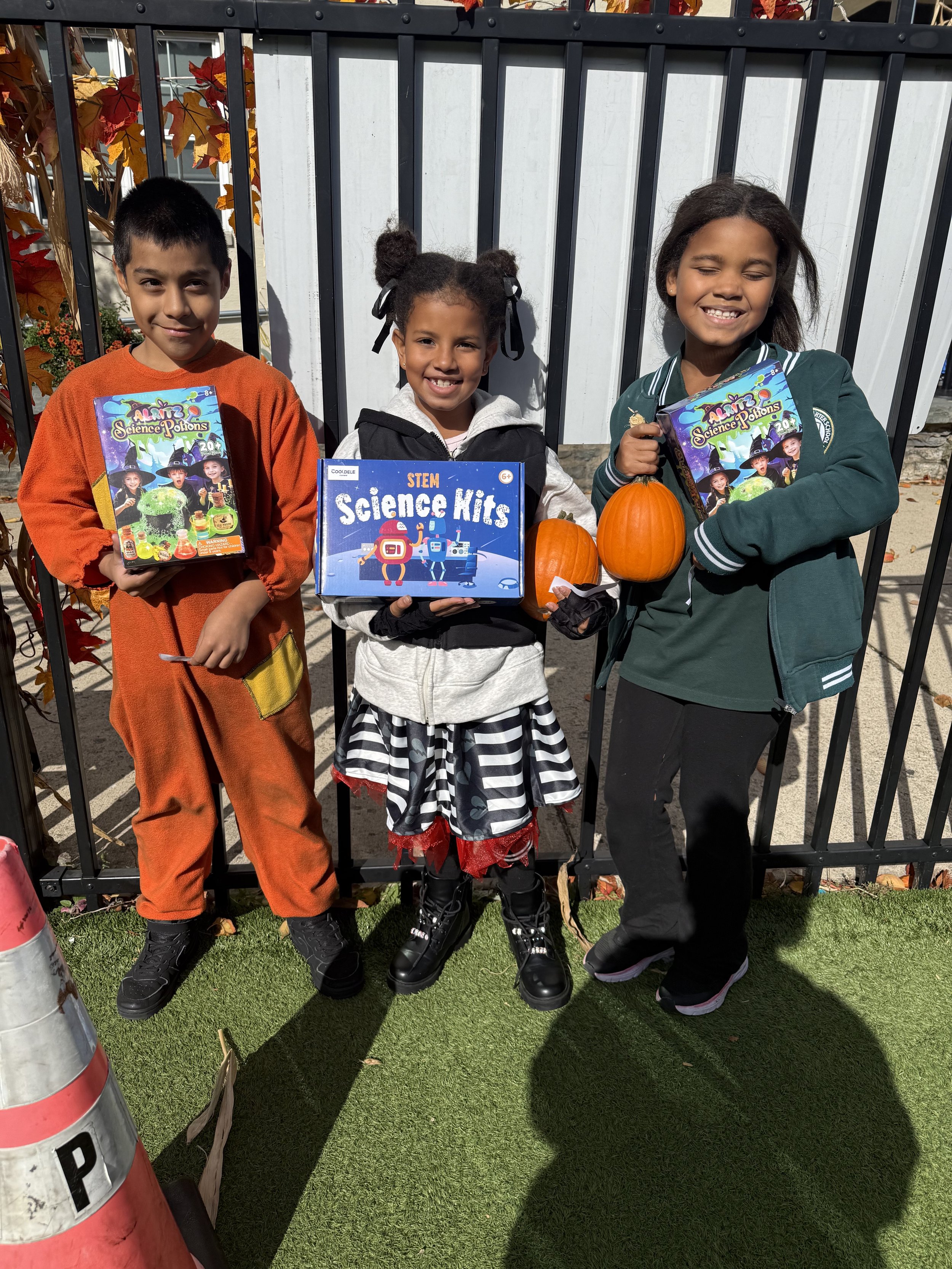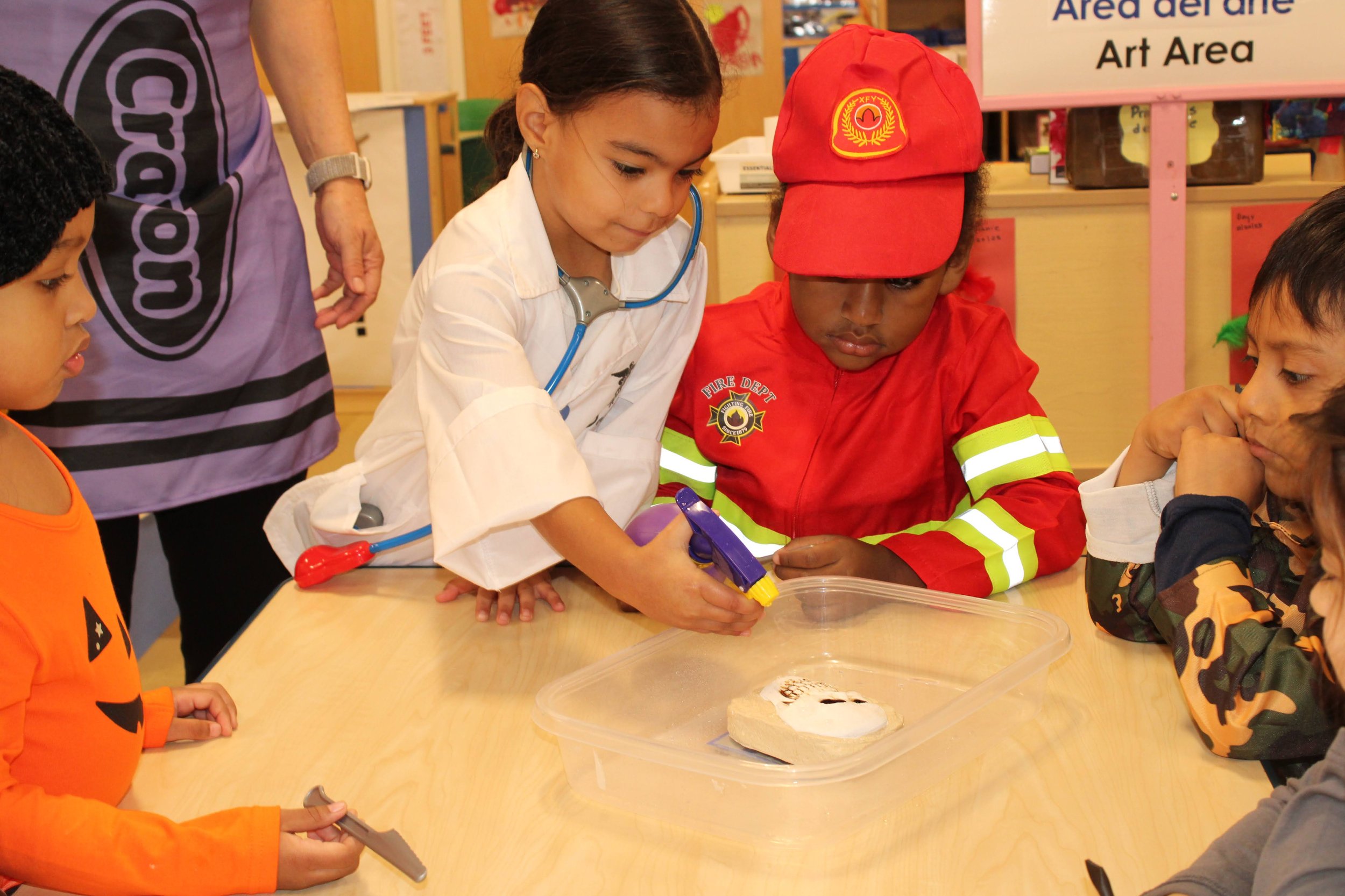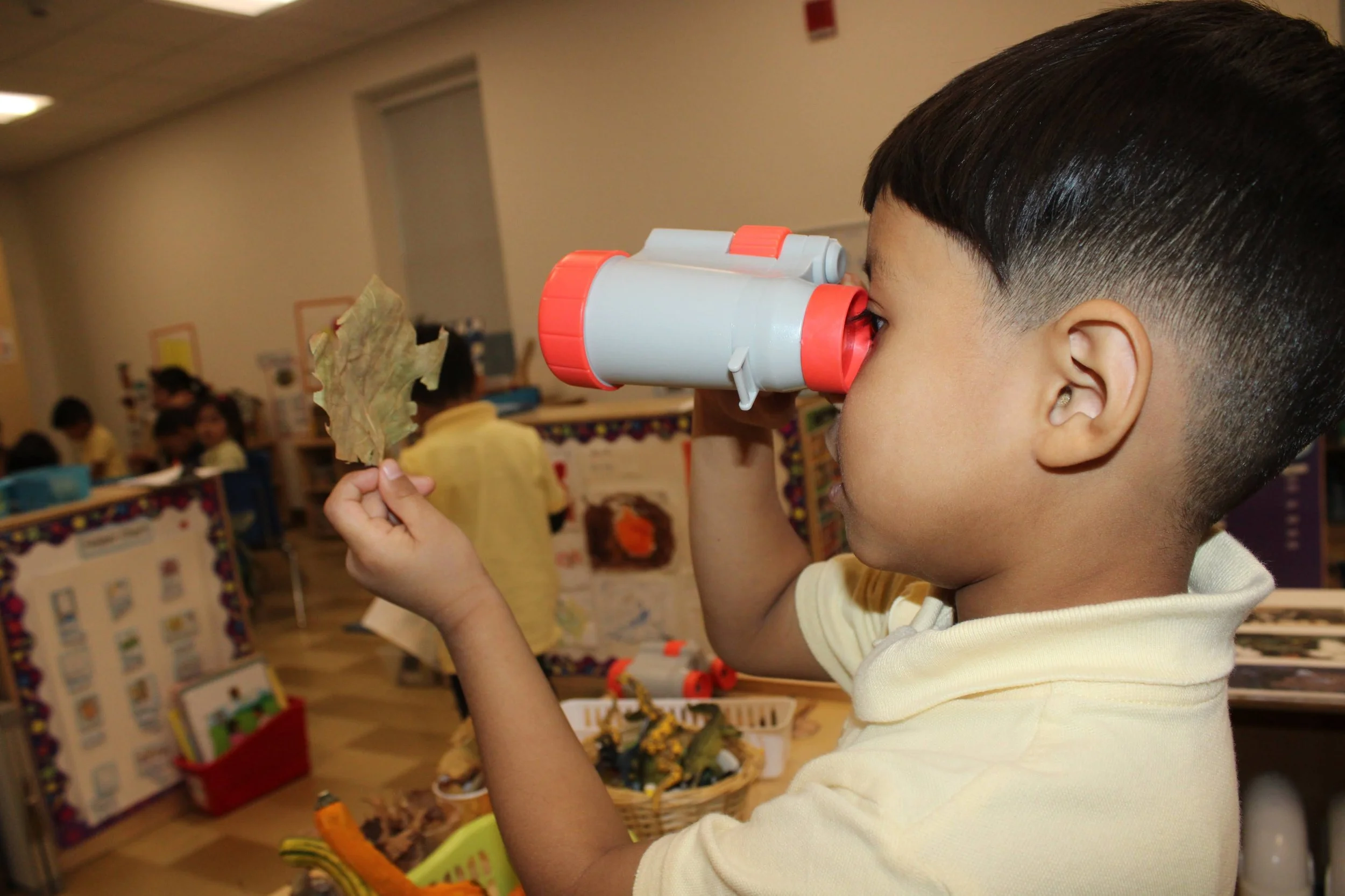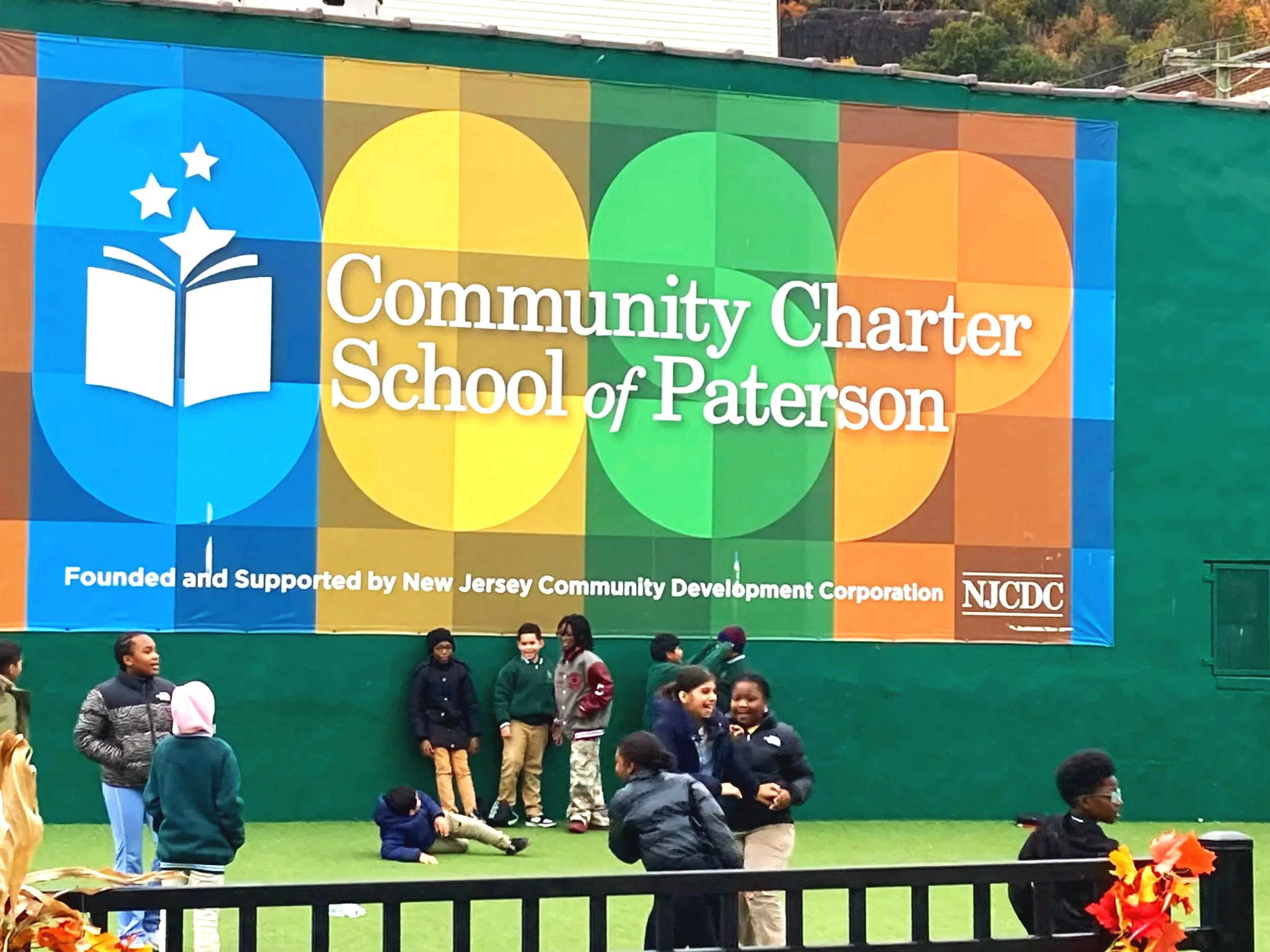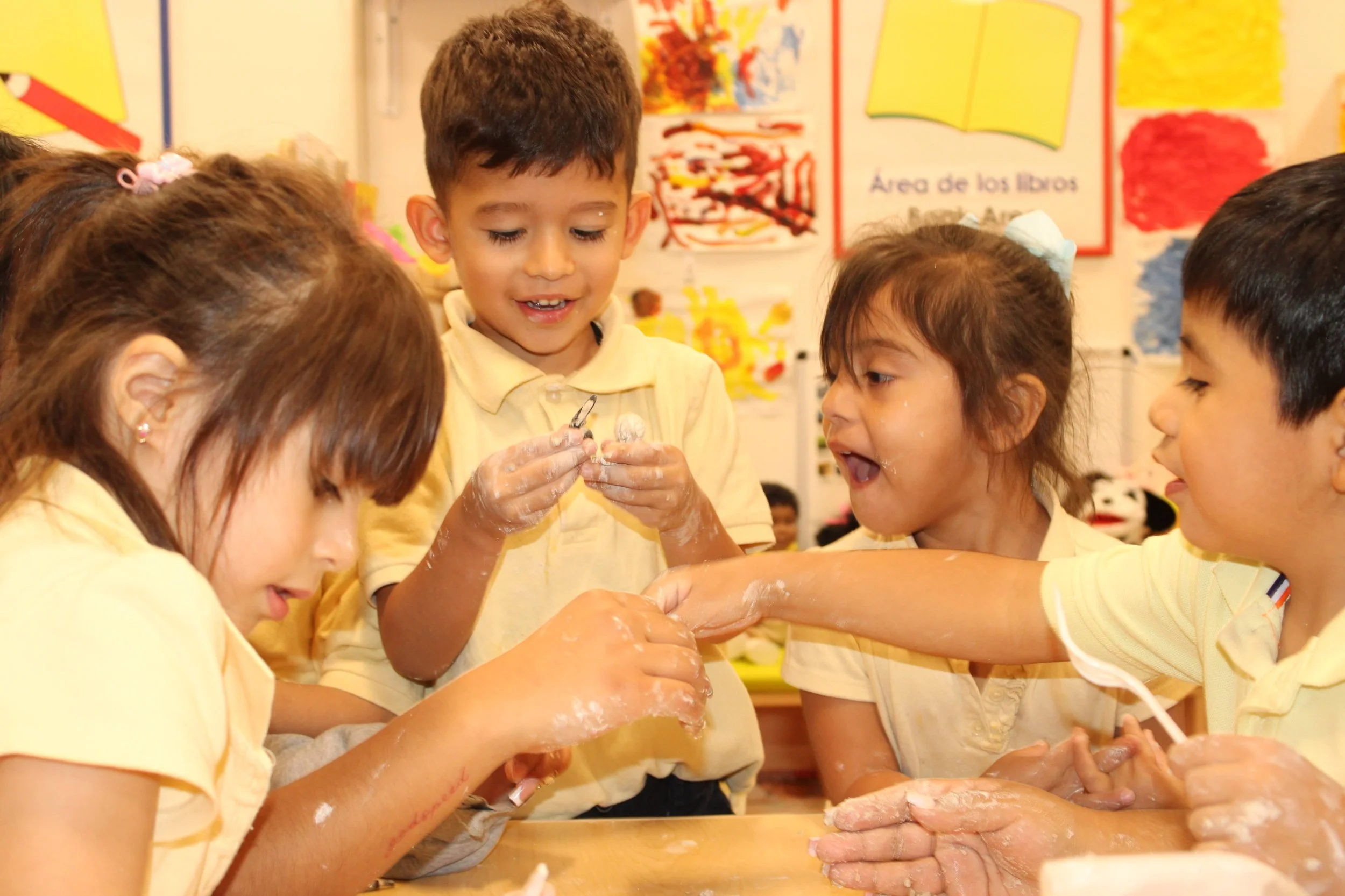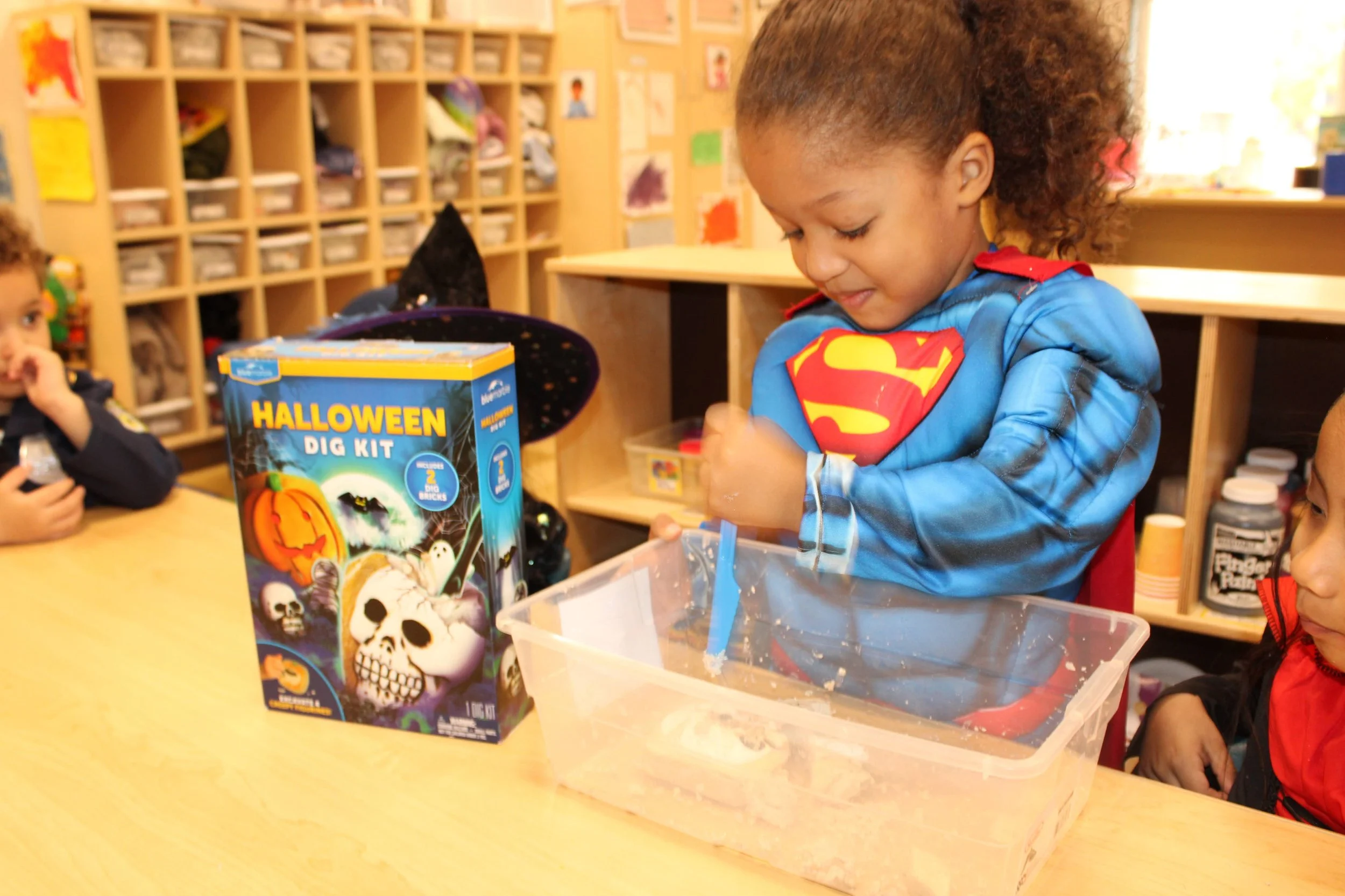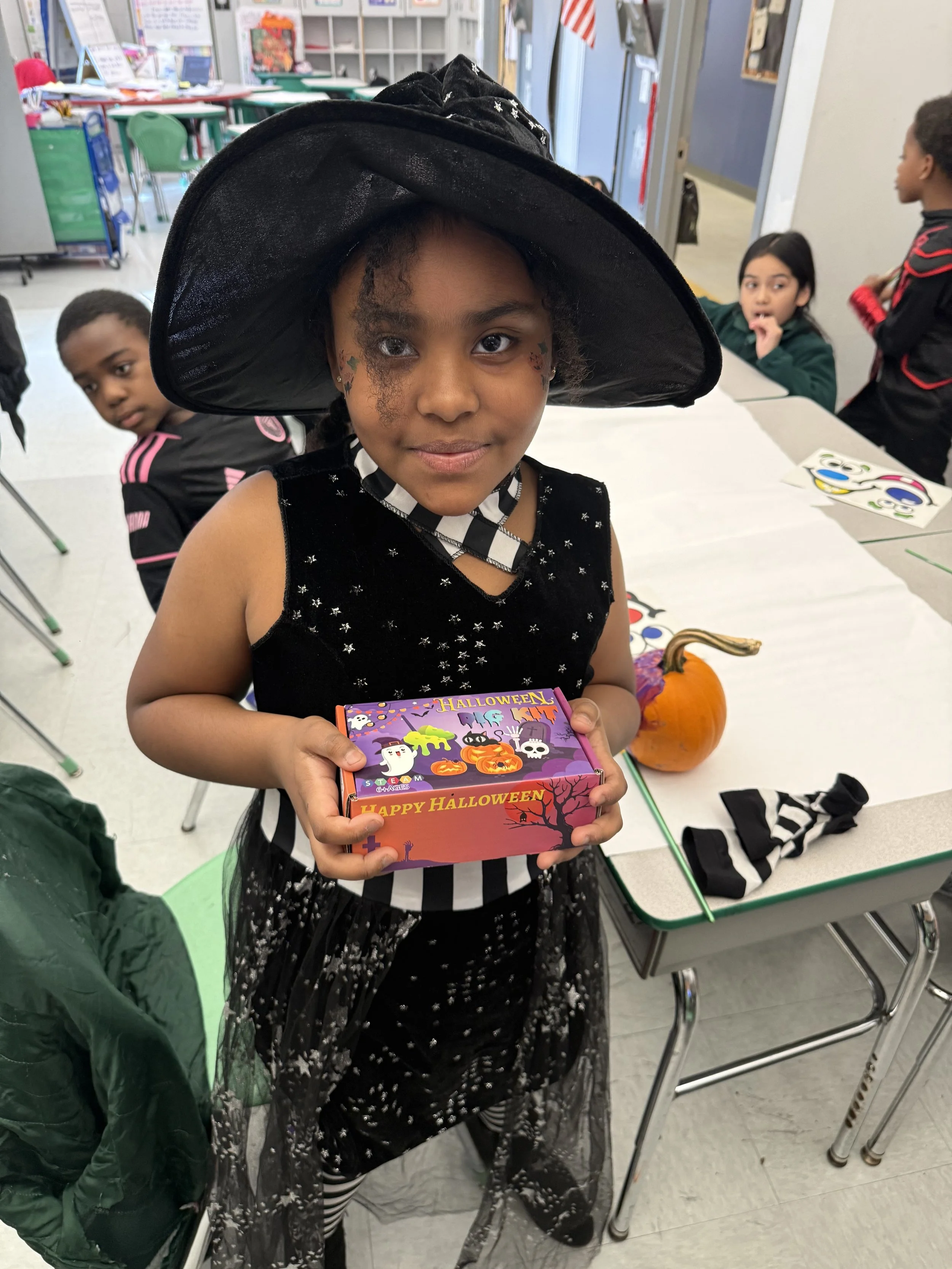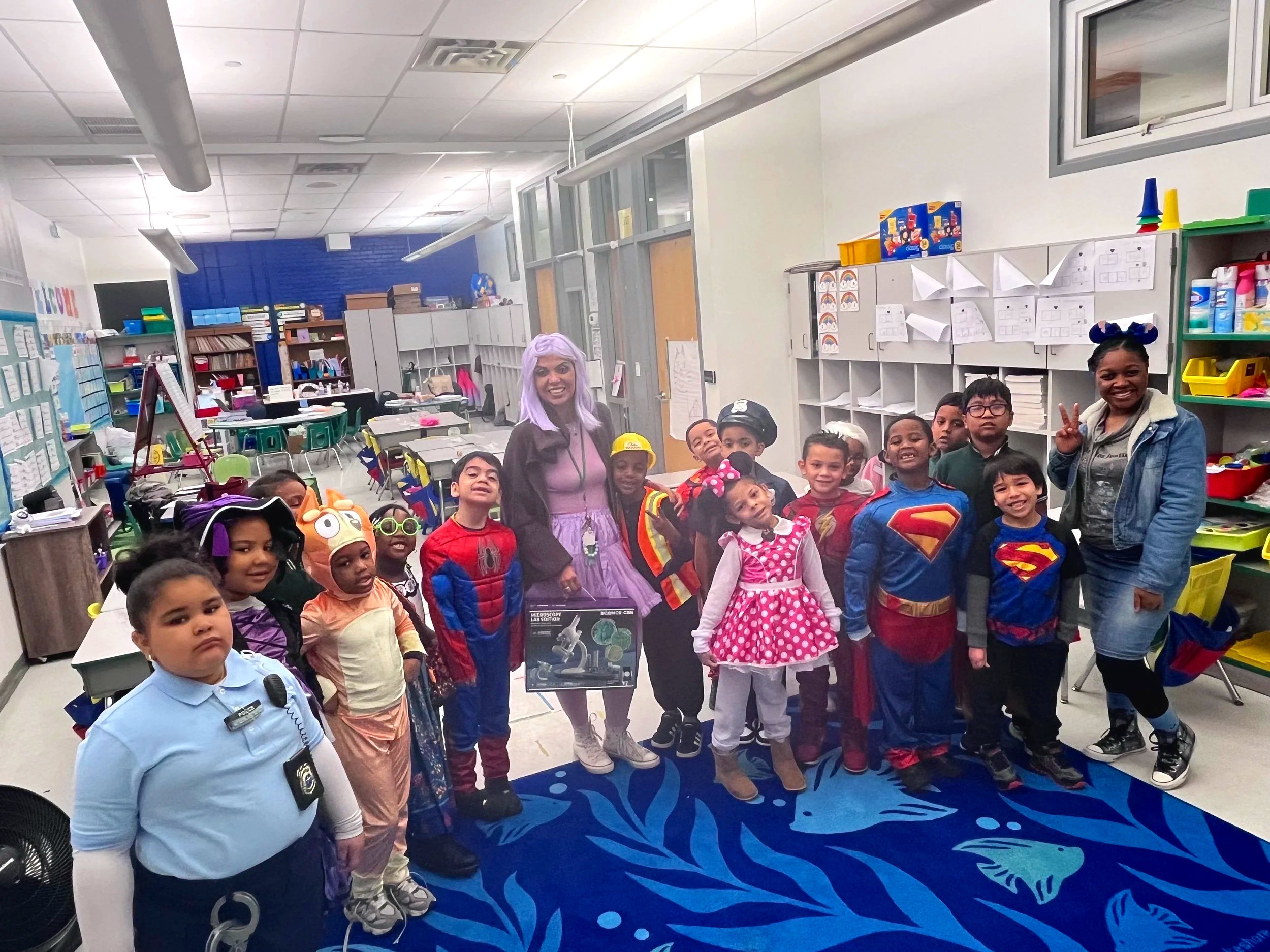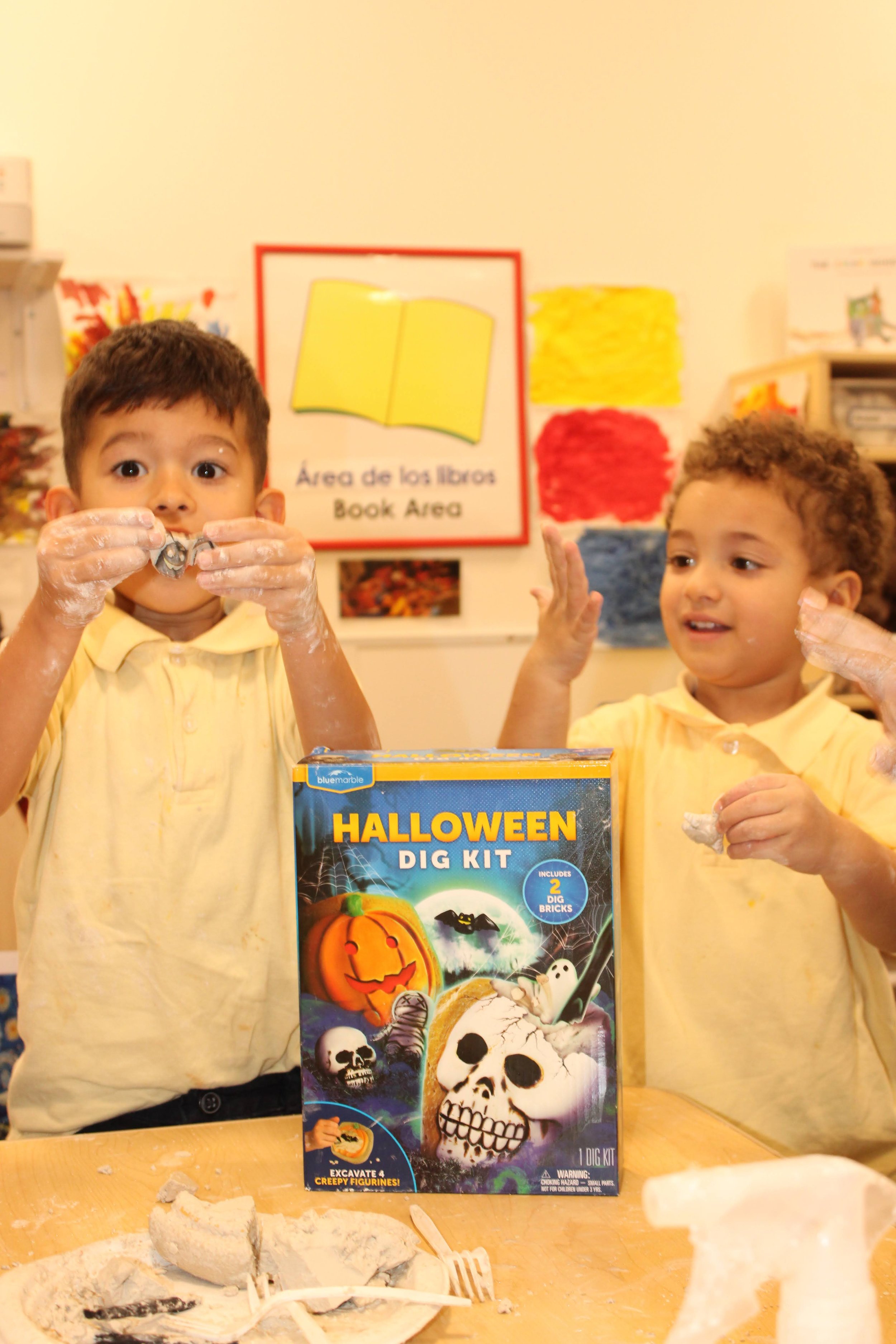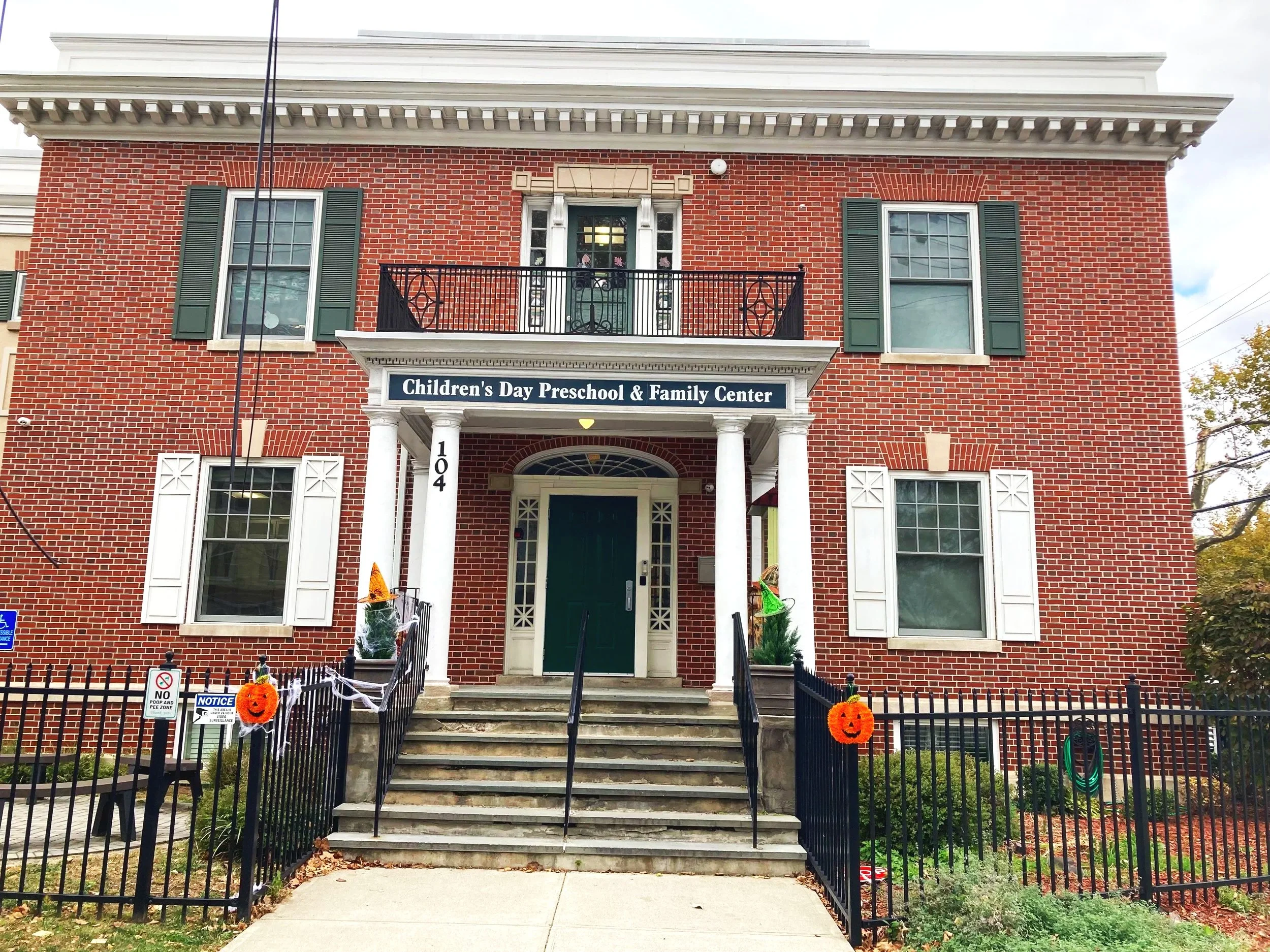

Happy Holidays! From Little Curies
Happy Holidays! From Little Curies
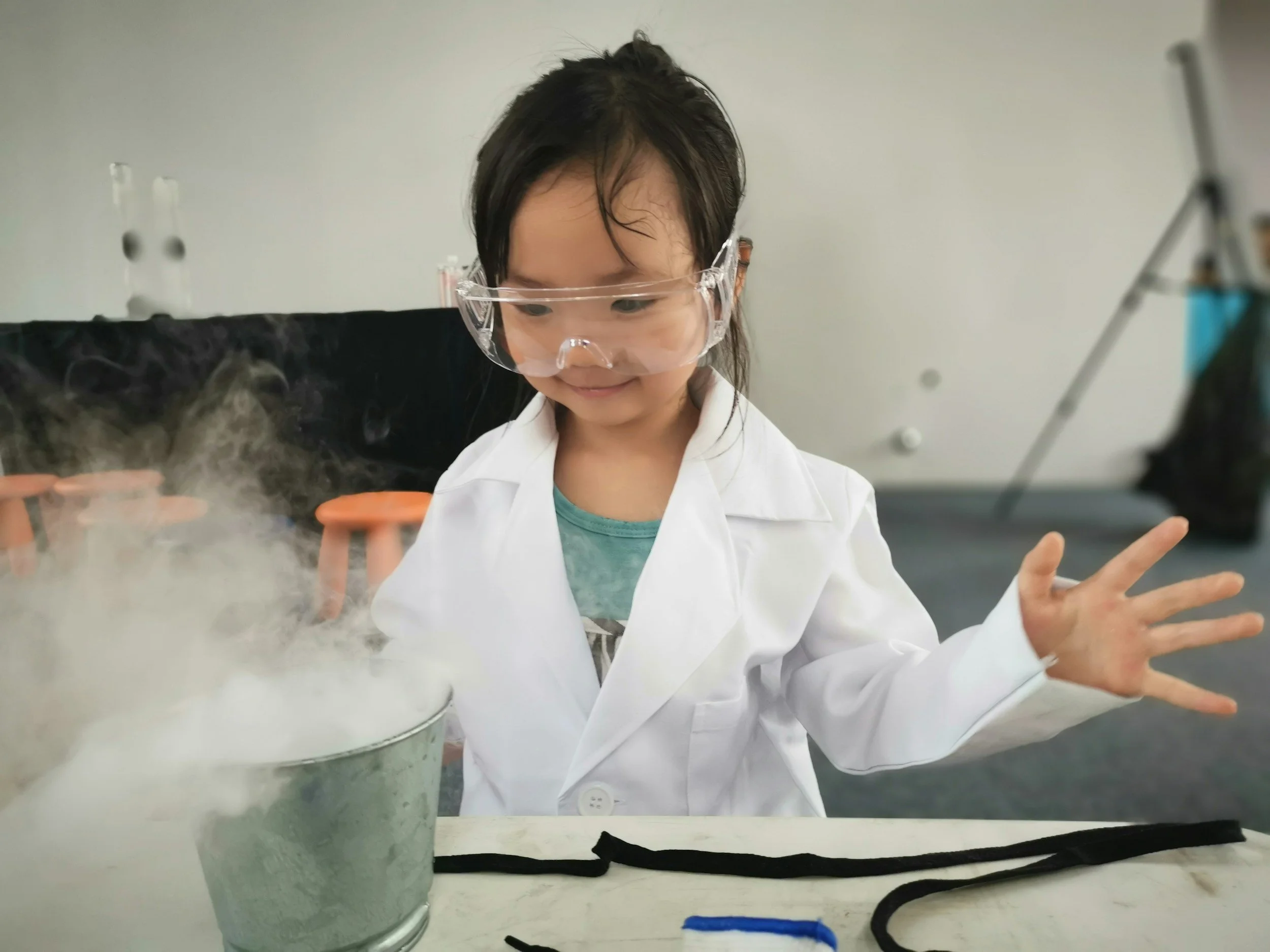
Make an IMPACT, Donate Today!
Make an IMPACT, Donate Today!

Make an Impact Today
🔬 Mission Accomplished! A massive THANK YOU to everyone who supported the Little Curies Spooktacular Fundraiser! Because of your incredible generosity, we've delivered boxes of hands-on science kits to the eager students at Children’s Day Pre-school and Family Center in Passaic and Community Charter School of Paterson. We're thrilled to be fueling the curiosity of our next generation of scientists!
Empowering the next generation of scientists
Little Curies is a non-profit established in 2020. Our Mission is to ignite and accelerate the potential of young scientists. Little Curies provides girls pre-K to 8th grade access to scientific platforms, books, and innovative interactions with women scientists.
WE ARE BRIDGING THE GAP
43%
of STEM industries is female
National Science Foundation
-19%
Women made on average 19% less than men in STEM industries
"Women in STEM: A Gender Gap to Innovation" . Economics and Statistics Administration Issue Brief (4–11).
1 / 7
Engineers are female
"
Women in STEM: A Gender Gap to Innovation" . Economics and Statistics Administration Issue Brief (4–11).
3.8%
7 women have won the Nobel Prize in Chemistry out of 186 laureates
“Nobel Prize Facts". NobelPrize.org
Scientist Spotlight
Dr. Karuna Ganesh
For International Women’s Day 2021, Little Curies spoke with Dr. Karuna Ganesh, a physician-scientist at Memorial Sloan Kettering (MSK) in New York City. Dr. Ganesh is a medical oncologist with a lab at MSK in the Molecular Pharmacology Department. The Ganesh lab focuses on understanding the molecular mechanisms that cause the emergence of regenerative plasticity during metastasis.
Make a donation.
We’re mobilizing the next generation of girls in science, technology, engineering, and mathematics (STEM) to make an impact. Your donation will help ignite and accelerate the potential of little curies by connecting them to educational resources.
